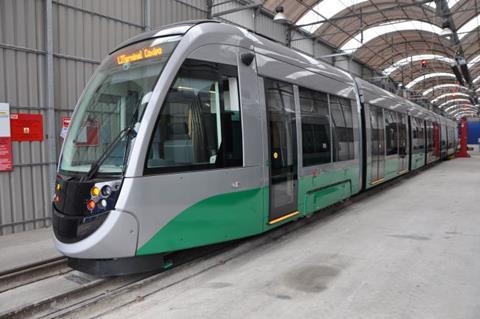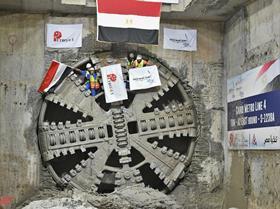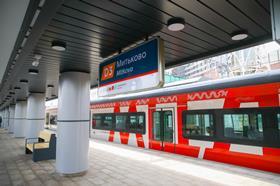
The Brazilian state of Bahia has signed an agreement to purchase 40 seven-section CAF Urbos 3 light rail vehicles from the state of Mato Grosso for R$820m, and track and electrification equipment for R$100m. The unused trams were originally ordered in 2012 for a project in Cuiabá which was subsequently cancelled. They will now be overhauled by the manufacturer for use on a three-line network under development in Salvador.
A construction permit has been issued for the 7·6 km second phase of București metro line M6 to Henri Coandă International Airport at Otopeni, the city authorities and operator Metrorex announced on August 9. Phase 2 will be built by a consortium of Turkish contractor Gülermak and its local partner Somet. Construction of the 6·6 km Phase 1 is already underway.

Strasbourg transport operator CTS has awarded INIT a contract to supply its MOBILE-Intermodal Transport Control System nextGen for managing the operation of its fleet of 119 trams and 246 buses. INIT is to further develop the tram-specific functionalities and adapt them to specific French requirements.
NGE Group subsidiary TSO has appointed Egis to provide design services for the 1·5 kV overhead electrification for the 15·6 km Ontario Line metro project in Toronto. This includes catenary along the elevated and at-grade sections of the route and depot areas, and overhead contact rail in the twin-bore tunnels.
Veea and Tecno Buildings have deployed Containerized Portable Niagara software to support wireless internet of things monitoring and data collection on ’a major urban subway network in Latin America’.

On July 29 a tunnel boring machine completed one bore of the 1·6 km western one-station section of Cairo metro Line 4 between Hadayek El Ashgar and Hadayek Al Ahran stations.
Berlin operator BVG has redesigned its app with new functions including live navigation with the option for a step-free journey.

Mitkovo infill station on Moskva Central Diameter Line D3 opened on August 7.
The operator of Bangkok’s Yellow and Pink monorail lines has told local media that it is to test a stainless steel locking mechanism designed to keep the guidewheels in place in the event of a failure. This follows an incident in January when a guidewheel from a Yellow Line train fell onto a taxi below.
